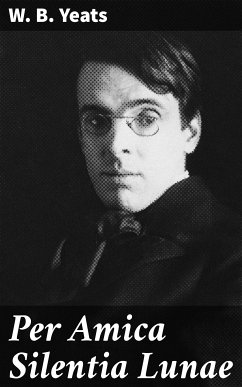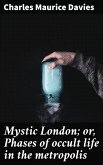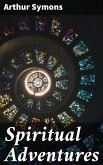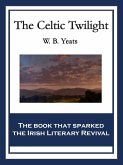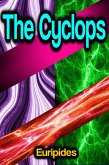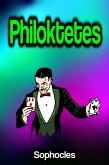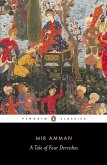In "Per Amica Silentia Lunae," W. B. Yeats navigates the intricate interplay between the personal and the mystical, delving into themes of love, loss, and the transcendental. The collection is rife with rich symbolism and allusions to the esoteric traditions that captivated Yeats throughout his life. His lyrical style, characterized by vivid imagery and musicality, invites readers into a contemplative space where the boundaries between the earthly and the ethereal blur. This work is an essential piece within the context of late 19th and early 20th-century literature, reflecting the Symbolist movement's influence and foreshadowing modernist developments in poetry. Yeats, a pivotal figure in the Irish literary renaissance, was deeply engaged with spirituality, folklore, and the occult. His involvement in the Golden Dawn, a mystical society, infused his poetry with a unique perspective on the supernatural and the subconscious. The personal experiences and philosophical inquiries that Yeats undertook shaped his artistic output, making "Per Amica Silentia Lunae" not just a collection of poems, but a significant exploration of the relationship between humanity and the cosmos. This captivating collection is recommended to readers seeking to explore the depths of human experience through the lens of mystical thought. Yeats' profound reflections and evocative language make this book a timeless journey into the soul's quest for understanding and connection.
Dieser Download kann aus rechtlichen Gründen nur mit Rechnungsadresse in A, B, BG, CY, CZ, D, DK, EW, E, FIN, F, GR, H, IRL, I, LT, L, LR, M, NL, PL, P, R, S, SLO, SK ausgeliefert werden.

